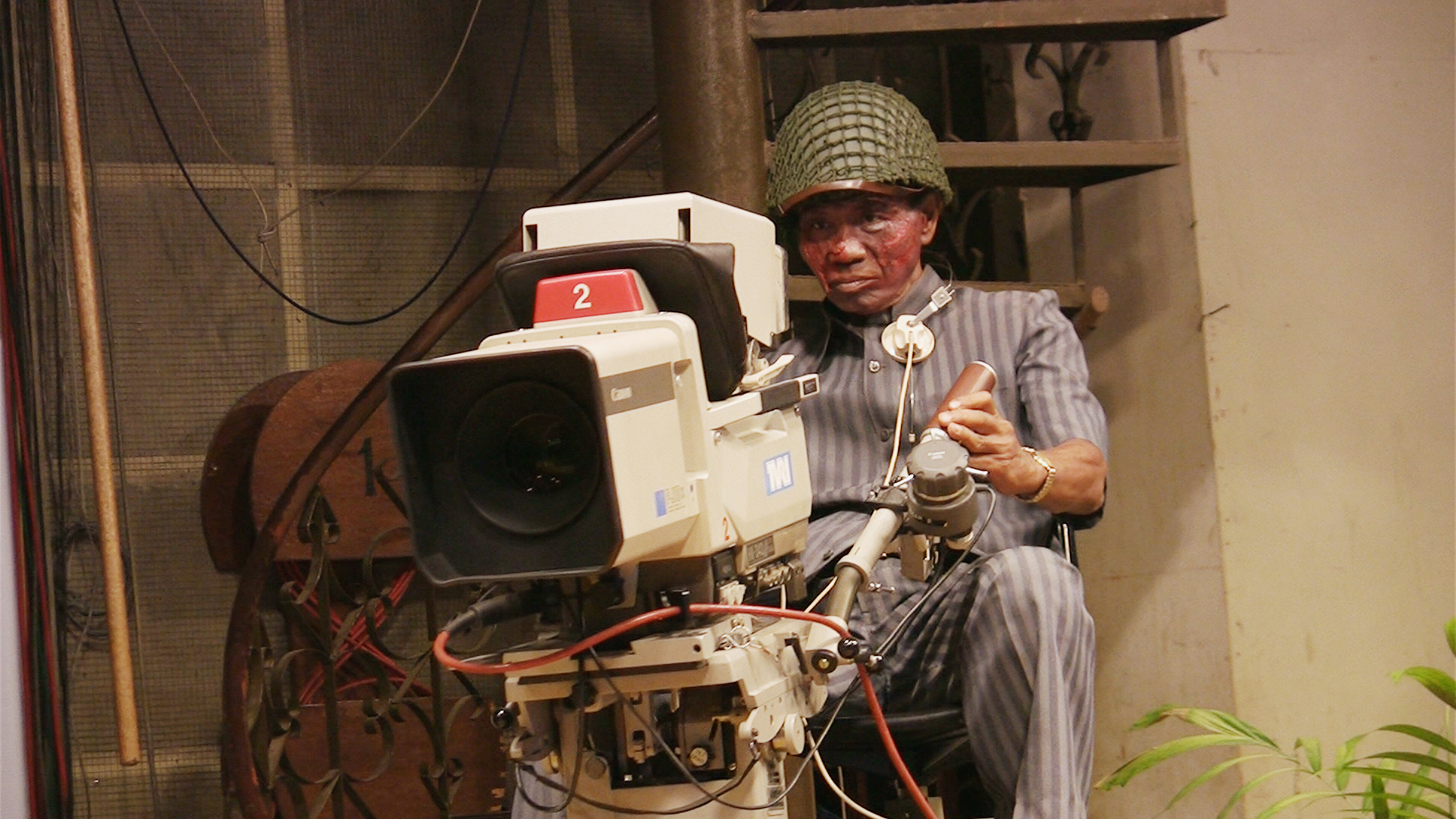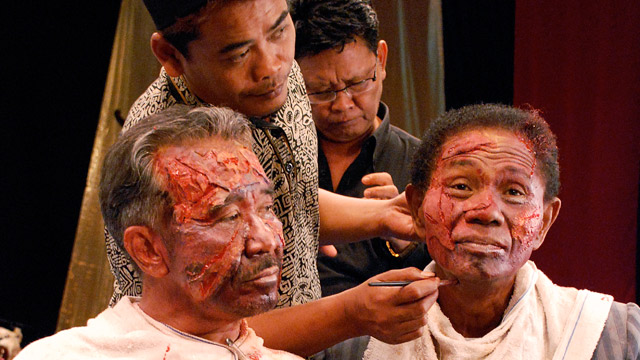
I am only hours fresh off a film set as I type this, on a shoot where the director had to bite back and beat down his tears because he was so moved by what he was seeing but needed to resist ruining the take. That about sums up what cinema means to me.
Forget the immaculate detail of Kubrick, the spectacle of Kurosawa
and the sheer audacity of Lynch. At its core, cinema is and I suspect always
will be to me about empathy. The ability to walk hand in hand, laugh, cry and
bleed with and for another, whether they are imaginary or otherwise; to me,
that’s the fundamental impulse driving and illuminating great cinema and
storytelling at large; the ability to care for another, how delightful a
privilege that makes us all human.
It is this impulse that drove me to adore
the likes of Short Term 12, Destin
Daniel Cretton’s wonderfully observed indie drama about childhood demons and
our inability to exorcise ourselves of them, all contained within a small
halfway house for troubled teens. It also pushed me to an admittedly near
uncritical adulation of Peter Berg’s bracingly human drama, Friday Night Lights. (Yes I am a very
very maudlin person.) I can’t quite express what I might have in common with a
high-schooler that lives in the fictional Dillon Texas, but that didn’t quite
stop (criminally overlooked) actor Zach Gilford from wringing my heart out with
my tear ducts in his career best performance as QB7 Matt Saracen. (Particularly
in S04E05 The Son, watch it people,
you’ll thank me later.)
It
of course, was the same impulse that drove me to Joshua Oppenheimer’s The Act of Killing, a brave, clear eyed
documentary about the blind bravado and justice’s miscarriage. It would be easy
to be apoplectic and claim outrage over the film’s revelations but that is not
a conclusion that the film seems content to rest its laurels upon. How should I
begin to fathom this film and its subjects when what it expresses seems to fly
so flagrantly in the face of what I hold so dear? These men, seemingly devoid
of love and empathy and are emboldened by their lack of it, what now?
The
film’s greatest turn, I submit, is in its asking of that question. In the final
minutes of the documentary, we see a previously brash and swaggering Anwar
Congo slowly diminished and corroded by his guilt that he seemingly appears to
lose even his faculty to render speech, much less seek forgiveness. His growls
visceral and guttural, he transmogrified into an animal that befits the actions
of his youth.
Some critics have targeted that aspect of the film, accusing
Anwar Congo of deliberately conjuring up a theatre of melodrama in order to
bait sympathy from naïve audiences. Perhaps, but I think the more interesting
question that might be asked is - What do we do with love and forgiveness for
someone who deserves neither and quite possibly can’t afford either towards
himself?
What moral agent has the right to forgive and absolve such a person?

In the final moments of To Kill a Mockingbird, the prime paragon of a man, Atticus Finch speaks for his misunderstood neighbour and humanity as a whole, that “most people [are nice] when you finally meet them”. What happens then, if they aren’t even redeemable, let alone nice? What courtesy do we give then?
Check out which other films made our list of the 10 Most Life-Changing Southeast Asian films.
Written by Koh Zhi Hao
Zhi Hao is a third year student at Yale-NUS College and a budding filmmaker. He has a deep and abiding love for New York City and wants to live there one day.